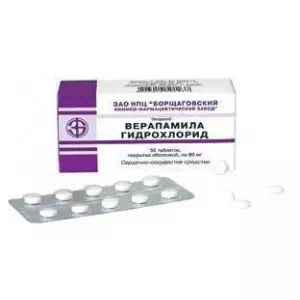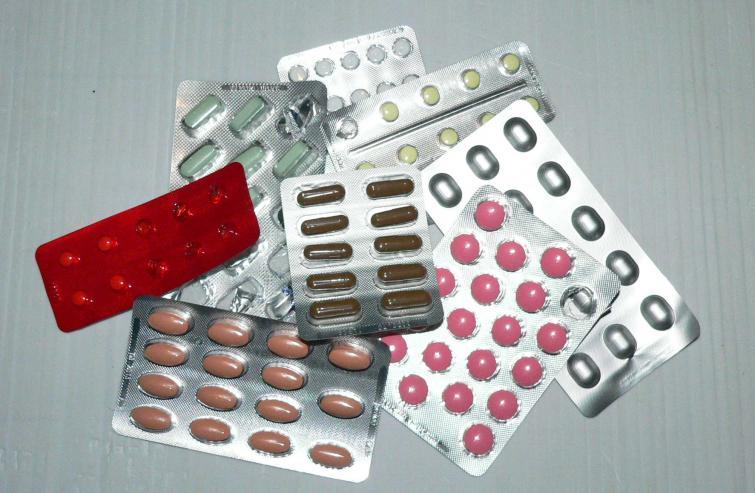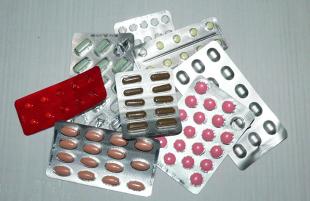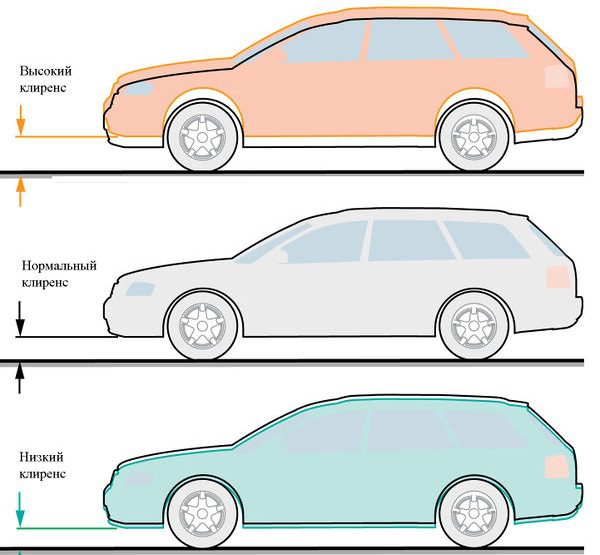
What medications should the driver avoid? Guide
 Not every driver is aware that by taking specific measures that reduce the efficiency of driving, in the event of an accident, he bears the same responsibility as a driver who is intoxicated.
Not every driver is aware that by taking specific measures that reduce the efficiency of driving, in the event of an accident, he bears the same responsibility as a driver who is intoxicated.

Each drug sold in Poland is accompanied by a leaflet with information on side effects, including effects on psychomotor activity. This is especially important for drivers, so be sure to read the leaflet before starting treatment. If there is a triangle with an exclamation point in the middle of the medicine package, this means that you should not drive while taking this medicine. Low concentration or drowsiness can lead to a dangerous situation. Drivers should avoid codeine drugs and strong prescription-only painkillers.
If we suffer from a chronic disease and take drugs that cannot be used while driving and are planning a trip, we should consult a doctor before the trip, who will advise how many hours before departure we should avoid taking the drug to avoid its side effects or what other drugs are used.
We also need to pay attention to what we drink with drugs. Allergy sufferers taking antihistamines should not drink grapefruit juice, which reacts with agents commonly used to relieve allergy symptoms, causing cardiac arrhythmias. Drinking a small amount of alcohol a few hours after taking sleeping pills causes a state of intoxication. Energy drinks containing guarana, taurine and caffeine only temporarily relieve fatigue, and then increase it.
Paracetamol is safe
Popular painkillers containing paracetamol, ibuprofen or acetylsalicylic acid are safe for drivers and do not cause adverse reactions. However, if the drug contains barbiturates or caffeine, caution should be exercised. Such measures can reduce the concentration. The strongest prescription-only painkillers containing morphine or tramal are not recommended for driving because they interfere with brain function.
Some medicines used to treat colds and flu can adversely affect the driver. It must be remembered that drugs containing codeine or pseudoephedrine lengthen the reaction time. As a result of metabolism, pseudoephedrine is converted in the human body into morphine derivatives.
We often get in the car after visiting the dentist. It should be remembered that the anesthesia used in dental procedures precludes driving for at least 2 hours, so do not drive immediately after leaving the office. After anesthesia, you should not drive for at least 24 hours.
"Psychotropes" are prohibited
While driving a car, we should avoid taking strong sleeping pills. They have a long duration of action and after taking them you should not drive even for 24 hours. Sleeping pills increase the feeling of fatigue and drowsiness, which reduces psychophysical abilities. It should be remembered that some herbal preparations have a similar effect, including public ones containing lemon balm and valerian. Drivers should categorically avoid taking barbiturates and benzodiazepine derivatives.
According to the SDA, driving a car after taking drugs containing these compounds is punishable by imprisonment for up to 2 years. The driver is also adversely affected by motion sickness relief measures and antiemetics. All drugs of this type increase the feeling of drowsiness. Antiallergic drugs of the old generation also have a similar effect. If we have to take antiallergic drugs and want to drive, ask the doctor to change the medication. New drugs for allergy sufferers do not affect driving performance.
Psychotropic drugs are especially dangerous for drivers. This group includes antidepressants, anxiolytics and antipsychotics. They weaken concentration, cause drowsiness and even impair vision. Some psychotropic drugs cause insomnia. Anti-anxiety drugs are very effective. Their unwanted effects last up to four days. In any case, ask your doctor about the possibility of driving a car after taking psychotropic drugs.
Drivers with high blood pressure should also consult their doctor about driving. Some high blood pressure medications cause fatigue and impair mental and physical performance.. Diuretics used to treat hypertension have similar symptoms.
Jerzy Stobecki
